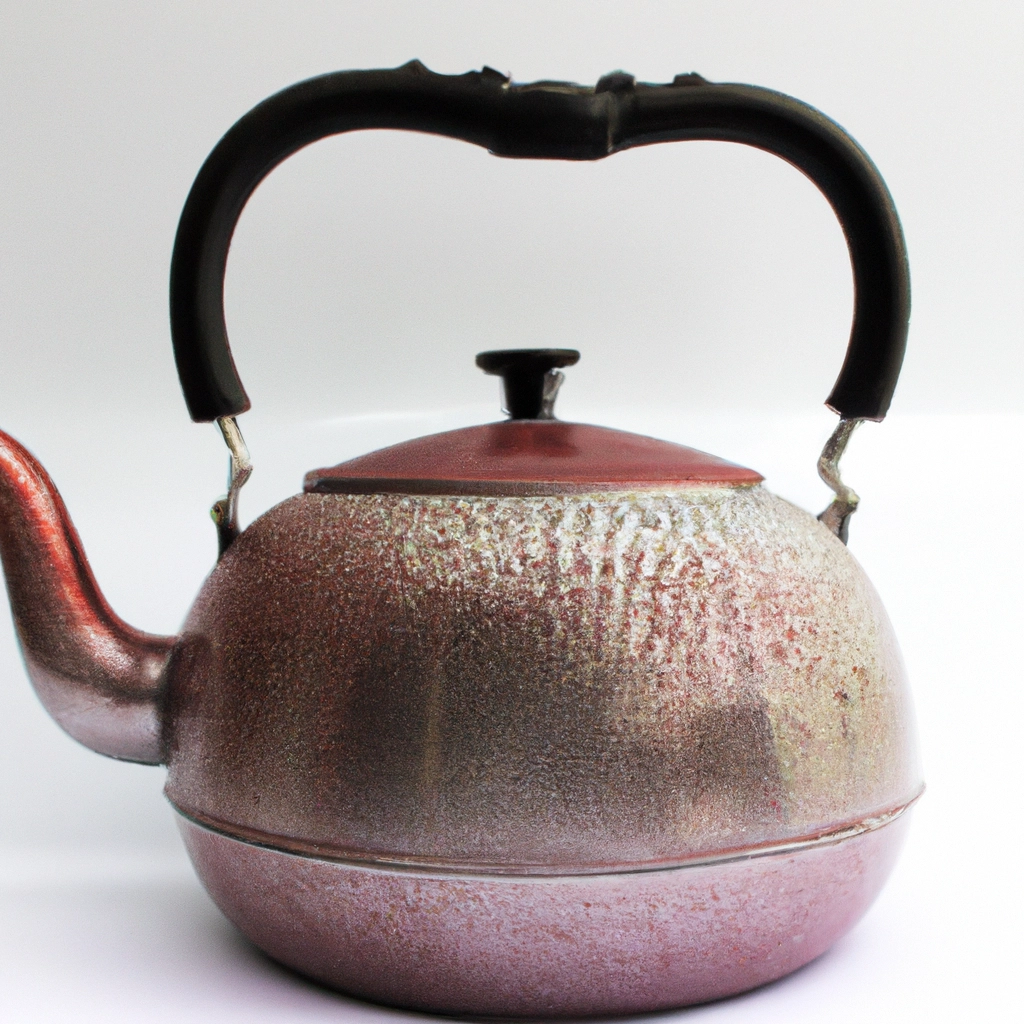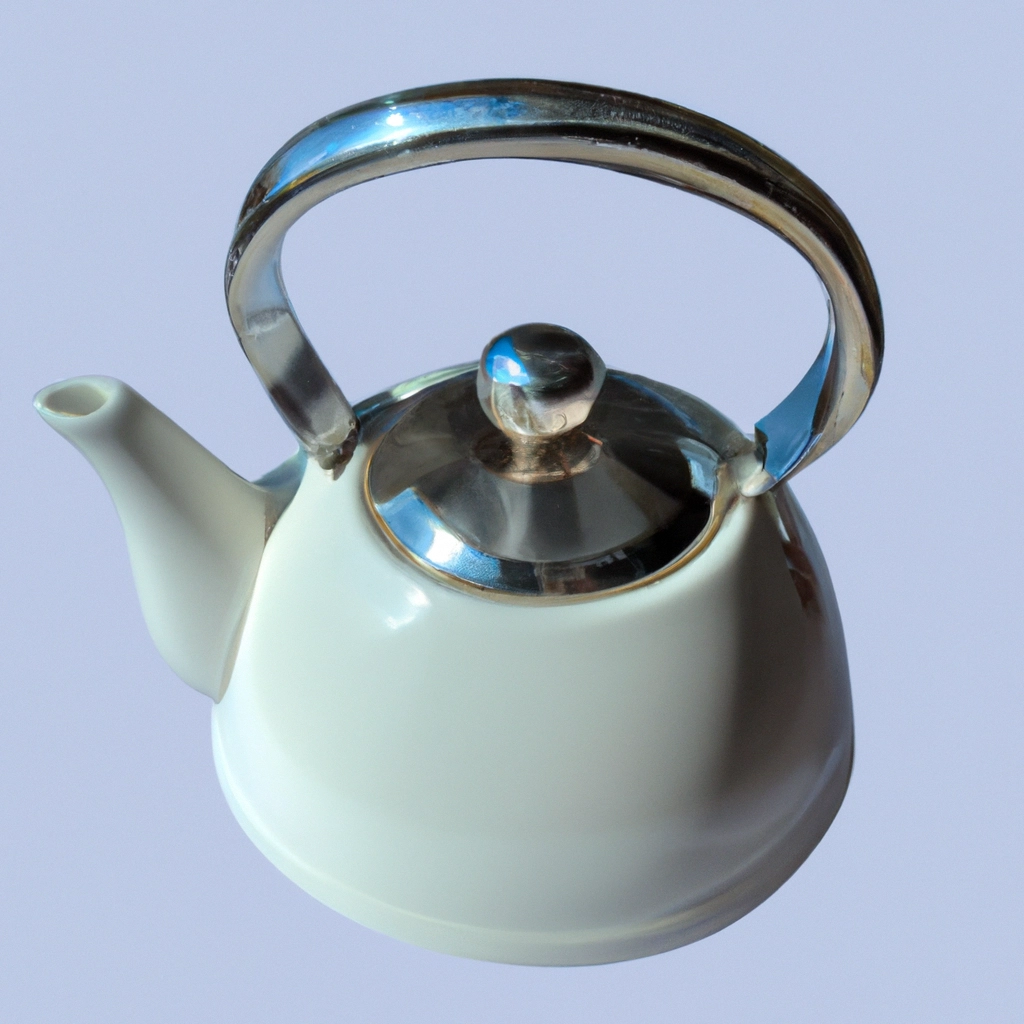None
| Material | Can you put a kettle on it? |
|---|---|
| Quartz | No, it is not safe to put a kettle directly on quartz as it can damage the surface |
| Wood | No, it is not recommended to put a kettle directly on wood as it can cause damage to the surface and pose a fire hazard |
| Stainless Steel | Yes, stainless steel is a suitable material for placing a kettle on |
| Glass | Yes, glass is a suitable material for placing a kettle on |
| Electric Stove | Yes, electric stoves are designed for placing kettles on their surfaces |
Hey there! So you’ve got this stunning quartz countertop, and you’re about to enjoy a cozy cup of tea, and the question pops up—can your kettle take a hot seat directly on that quartz? It’s not just about finishing that kitchen look with shiny, pristine surfaces; it’s also about practicality and knowing the do’s and don’ts of kitchen etiquette, right? This isn’t merely about aesthetics; it’s a matter of preserving your investment and ensuring that the heart of your home remains both functional and fabulous. Let’s dive into the heat of the matter!
For some, the idea of placing anything hot directly onto a quartz countertop is enough to induce a full-blown kitchen panic attack. But let’s be real—we’ve all had that moment of lazy temptation. To put this hot debate to rest, I’ll share some piping hot facts and a slice of my own experience with you.
Why is this important, you ask? Well, knowing whether your quartz can handle the heat goes beyond preventing potential damage. It also helps in maintaining that new-kitchen sheen for years to come, meaning fewer headaches for you and more cash for the things that matter—like an endless supply of delicious tea!
Understanding Quartz Countertops
Quartz has taken the design world by storm, and it’s no wonder why. This engineered stone offers the wow factor of natural materials coupled with a level of resilience that makes it a hero in the world of countertops. With its array of colors and patterns, quartz offers homeowners the chance to customize their kitchen’s appearance in a way that’s uniquely theirs.
But here’s the kicker: while quartz triumphs in the durability department, being resistant to scratching and chipping, its Achilles’ heel is heat resistance, or rather, the lack thereof. The composition of quartz involves a mixture of natural stone and resins, and you guessed it—the resins are not big fans of your steaming hot cookware.
So, should you treat your quartz like a delicate flower? Not exactly, but it does mean a little TLC goes a long way. After all, quartz counters aren’t just another pretty face in your kitchen—they’re a workhorse that needs a bit of mindful care.
Personal Experience: Testing the Limits
Let me tell you about the time I decided to play countertop roulette and put my hot kettle directly onto my quartz countertop. My kettle was whistling away, demanding attention, and without thinking, I plopped it down on the quartz. I immediately second-guessed myself—did I just make an expensive mistake?
Now, I’ll admit it—there are moments when I throw caution to the wind, but usually, I’m about as daring as a Sunday afternoon chess game. But I love my quartz, and the thought of marking it with a heat scar was unsettling. I could just imagine the smug face of my teapot if it left a mark: “Bet you’ll use a trivet next time.”
Thankfully, in my case, the quartz stood up to the challenge like a champ. No marks, no damage—phew! But let me be clear: I was lucky. This isn’t a green light to turn your quartz into a hot plate. Each slab can react differently, and not everyone may be as fortunate. So, I don’t recommend playing the same game of chance that I did.
Expert Insights: Researching the Issue
Let’s get down to brass tacks and involve some pros in this kettle quandary. I reached out to a countertop guru who’s seen more kitchen surfaces than we’ve had hot dinners. The consensus? Always err on the side of caution with quartz and heat.
During our chat, the specialist dropped some knowledge: the temperature at which damage can occur varies, but generally, quartz can start to struggle when we talk numbers above 150°F (65°C). Direct heat can compromise the resins, leading to discoloration and cracking—two words you never want associated with your countertops.
To keep your quartz in tip-top shape, the insiders recommend always using trivets or hot pads. And guess what? These little accessories can be a chance to style up your space anyway, offering protection with a punch of personal flair. Click here for some stylish options that will keep your countertops looking hot while staying cool.
Best Practices for Using Quartz Countertops
So, you love your quartz countertops like a culinary companion—how do you keep the relationship strong? The rules of engagement are simple: hot items never meet quartz directly. Think of trivets and hot pads as your countertop’s knights in shining armor.
Investing in some stylish heat protectants isn’t just smart; it’s a way to extend the lifecycle of your countertops. Not to mention, it’s an excuse to add a little more personality to your kitchen. And when it comes to cleaning, stay away from harsh chemicals! Gentle soap, water, and a soft cloth are all you need to keep those counters sparkling.
Regular maintenance might seem like a chore, but think of it as nurturing. It’s the same as caring for any valuable thing in your life, from relationships to your shiny kitchen surfaces. With a bit of love and respect, your quartz counters will stay looking fabulous for all those future tea parties and dinner soirees.
Conclusion
So, my tea-loving friends, the takeaway here is that while you might get away with placing a hot kettle on your quartz countertop once, it’s a risky move that’s better avoided. Quartz may be tough, but it’s not invincible against the wrath of a boiling kettle.
My own foray into testing the heat limits of quartz was a bit reckless, but it taught me a valuable lesson in countertop care. By following the tips and wisdom from those in the know, you too can maintain a pristine and lasting kitchen surface. So grab those trivets, and let’s keep the tea flowing and our countertops glowing!
And hey, if you’ve had a similar experience or perhaps a tip to share, I’m all ears. Your wisdom might just save someone’s quartz from a steamy encounter with a hot kettle!

